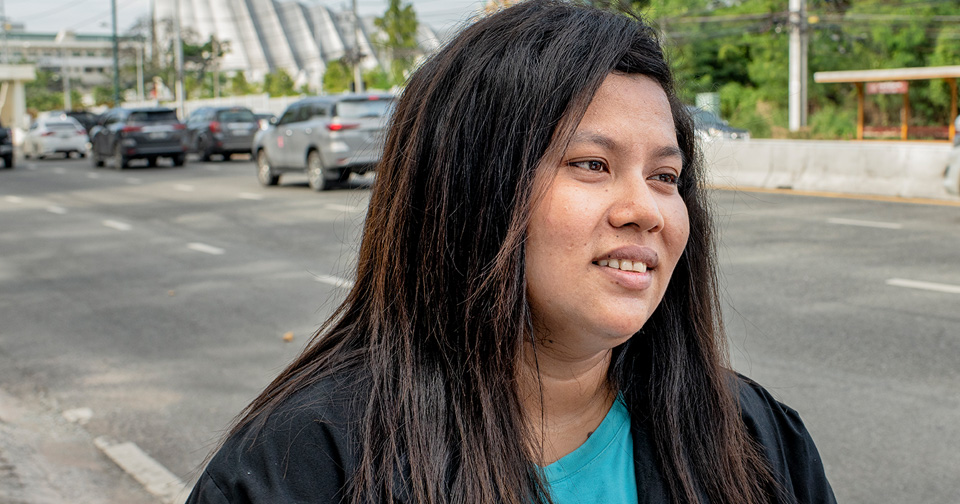Journeys out of the Ordinary | Than’s story
“I’m proud to help other migrants claim their rights.” —Than Dar Thun, Myanmar
Date:

My parents divorced when I was young, and I didn't know where my father was for a long time. My grandmother had looked after me since I was young, and I wanted very much to earn enough to support her and also to invest and learn a trade to do back in Myanmar. When I was about 16, my father contacted me and said he was working in Thailand and that I should come to Thailand to work too. I was in the 10th grade, and I had to stop studying. It made me sad, but I thought I could earn money and continue studying later.
Things were not like I imagined they would be when I got to Thailand. My father had remarried, and I lived with him and my stepmother. I worked in a factory packing fish and later in a shrimp peeling factory. But my father and his new wife took all the money that I earned. Some days I didn't even get any food and had no money to buy food for myself.
At the factories, the supervisors cursed a lot and were very vulgar and rude. They also hit my hands and treated me as if I was dirty, or a lesser person. They made fun of me in front of the others. I was also harassed by my Thai co-workers. They would touch my bottom and act like they were joking, but it made me very uncomfortable. I didn't dare to say anything because I knew that as a Burmese person I would be treated as less than the Thai people - and if I made a problem, I would lose. I remember thinking I wanted to help other women migrant workers who suffered like me.
At one point I went back to Myanmar. I told my grandmother everything and she said I should stay in Myanmar. But there was no work, so I went back to Thailand. But not back to my father. At first, I couldn't find work. Then I worked briefly as a domestic worker. Then I was told about an organization that was working with HIV patients in the migrant community that was looking for staff.
At the time I didn't know anything about HIV/AIDS, but soon I learned that a lot of the patients faced disadvantages in addition to the disease itself, including losing their jobs. I started by helping them get medicine and then started helping them fight for their labour rights and dealing with violence and exploitation in the workplace.
When I first came to Thailand, I didn't know my rights or where to get help. I’m amazed, because I did find a way. My dream actually came true. I feel very grateful for the opportunity to help other migrants claim their rights. This work is my passion.
My message to migrant women is: “Be sure to know where to get help. It’s important to have a list of organizations that can help you, and make sure you have a way of contacting them if you need to.”
Safe and Fair provides training for frontline service providers to better understand how to assist women migrant workers who have been affected by violence. It is important to understand migrant’s fears around deportation and how to provide appropriate care and reassurance when they report violence. Service providers must understand that women face discrimination based on their migrant status, country of origin, religion, race, sexual orientation, gender identify, occupation and other factors.